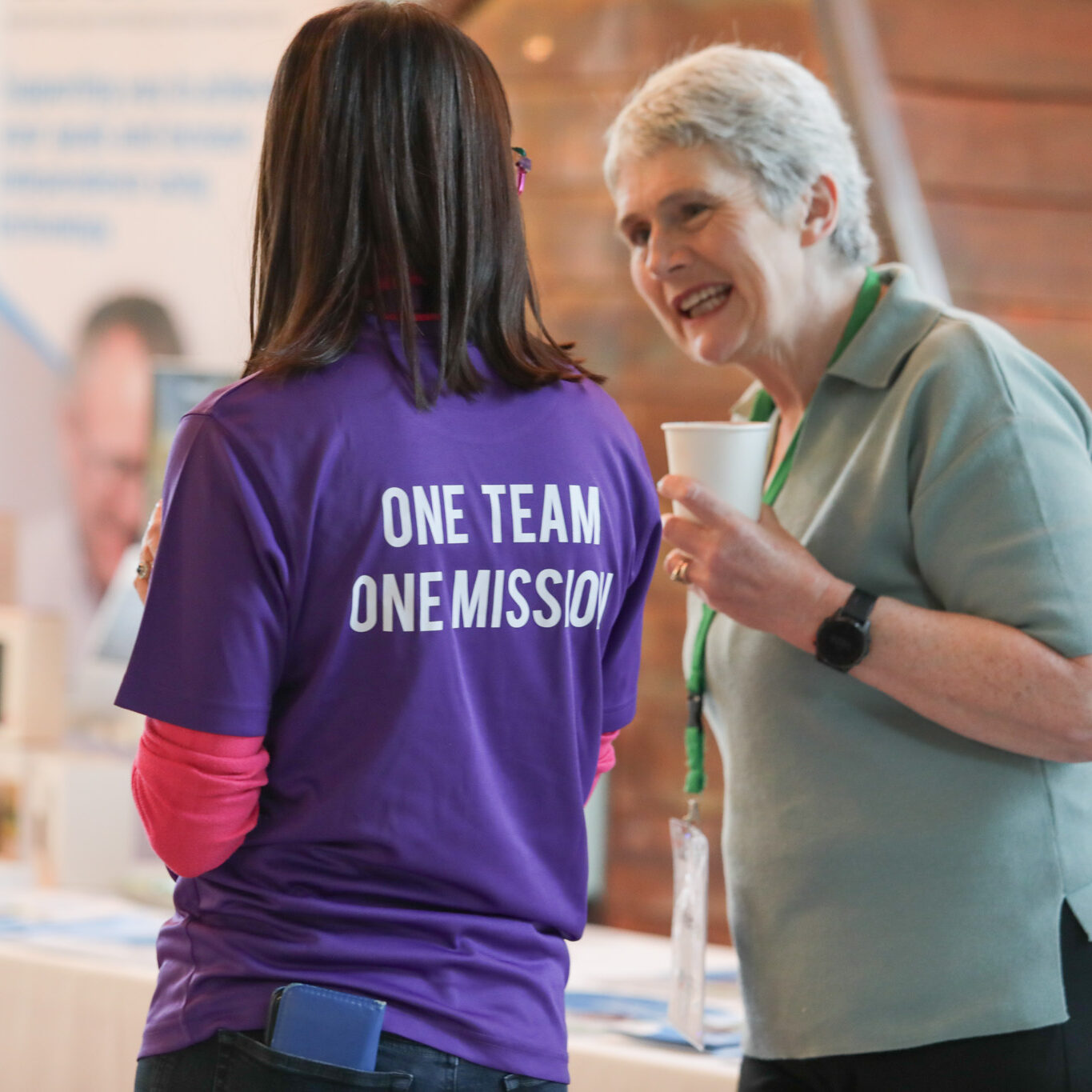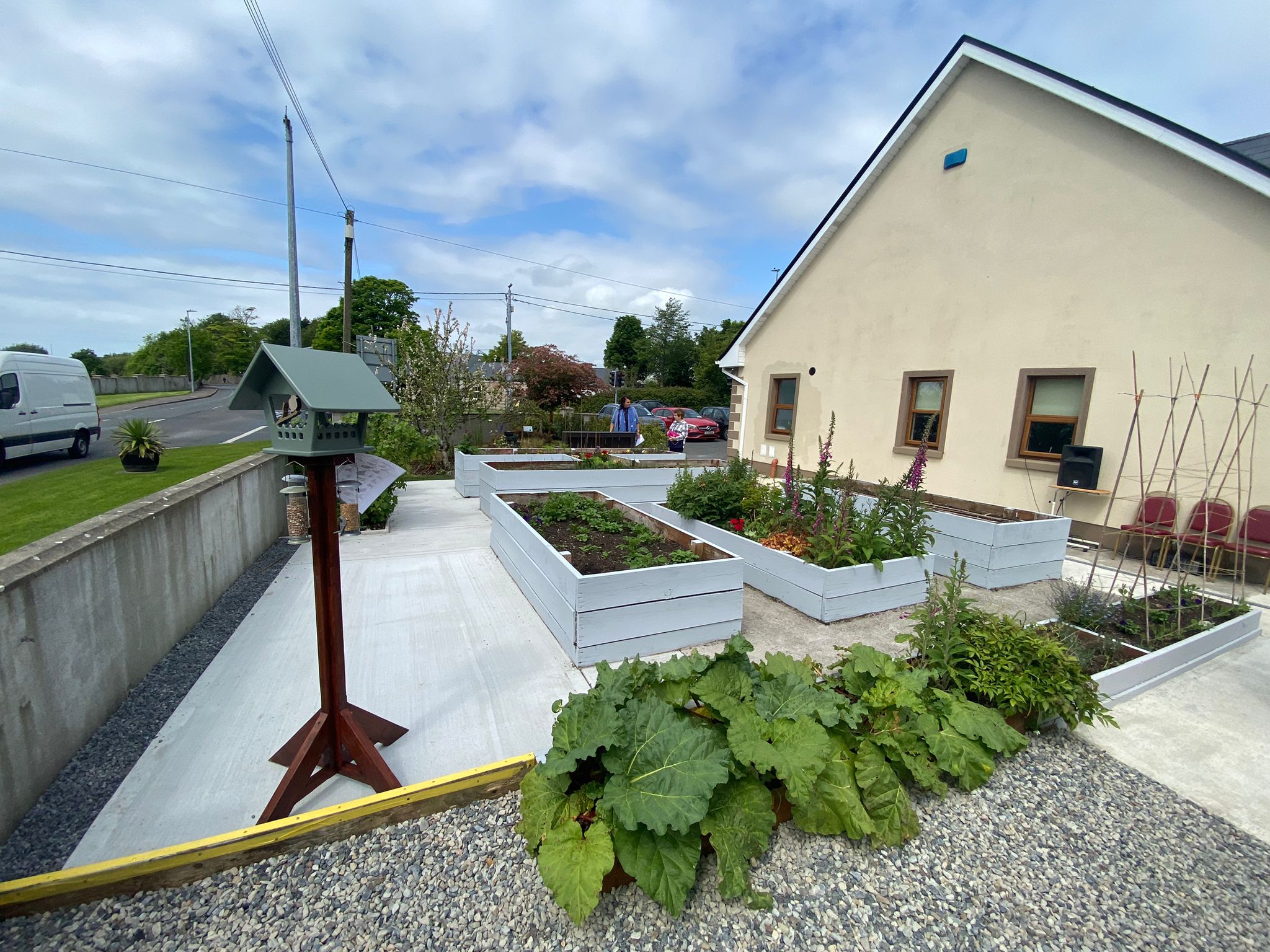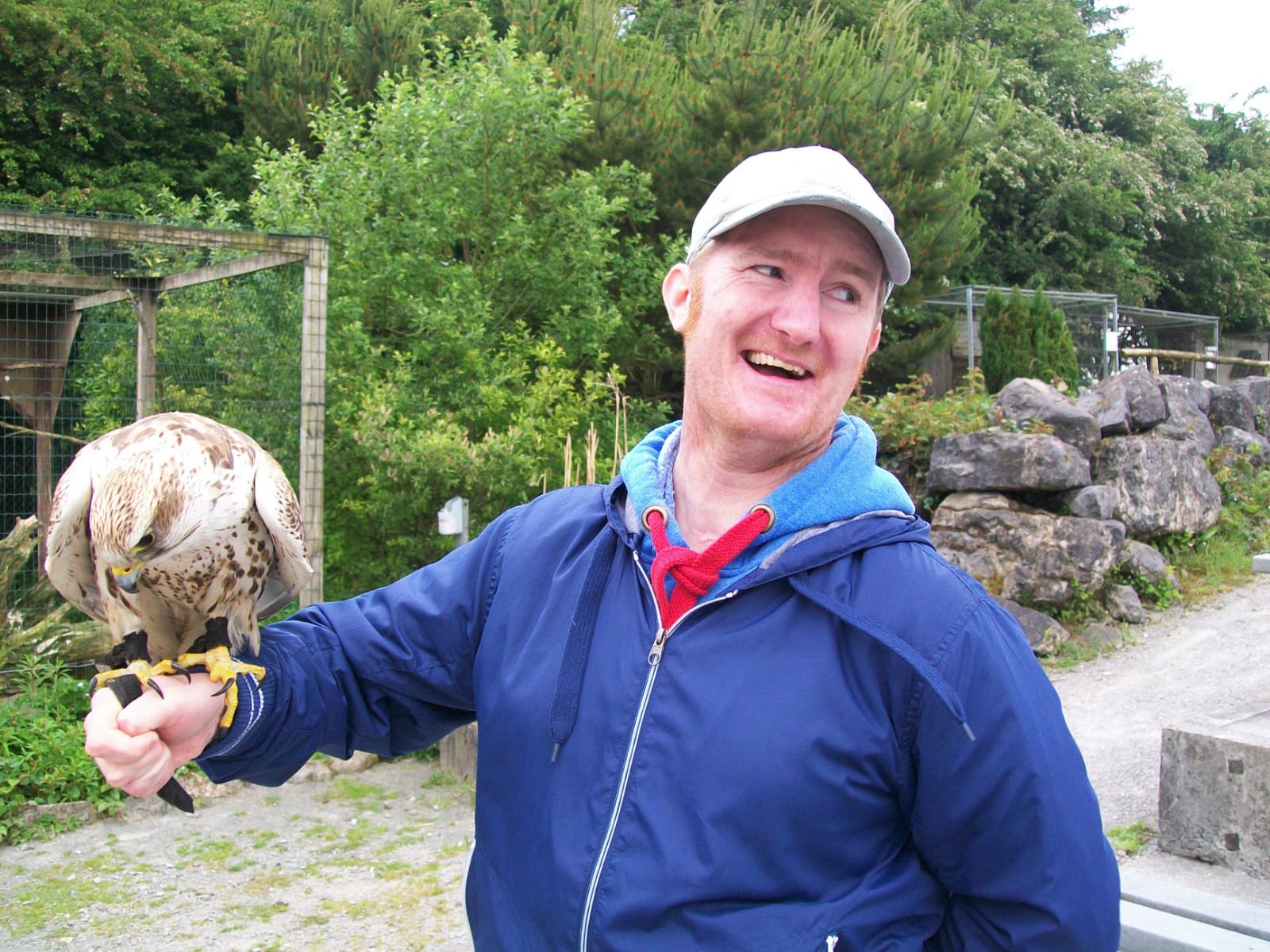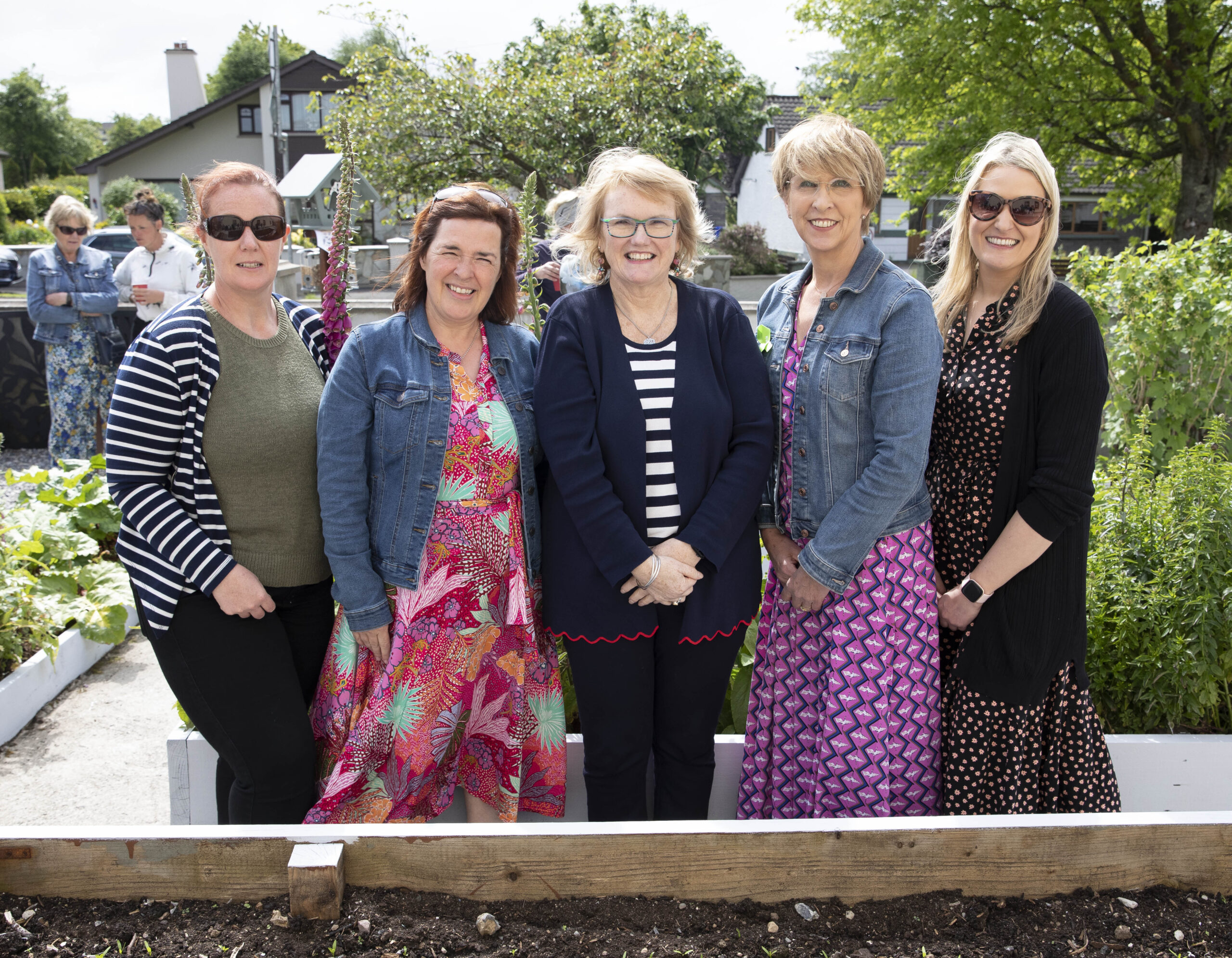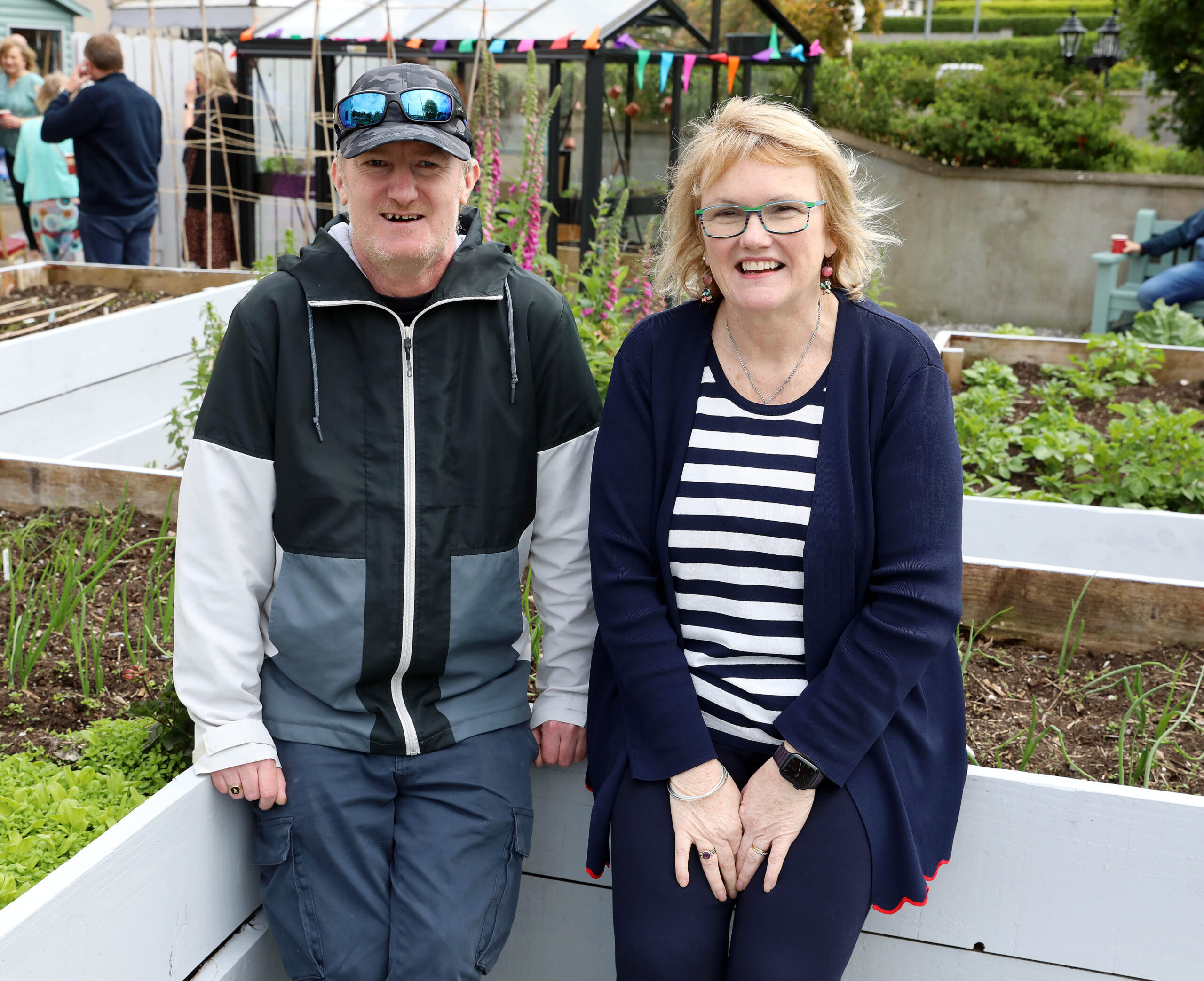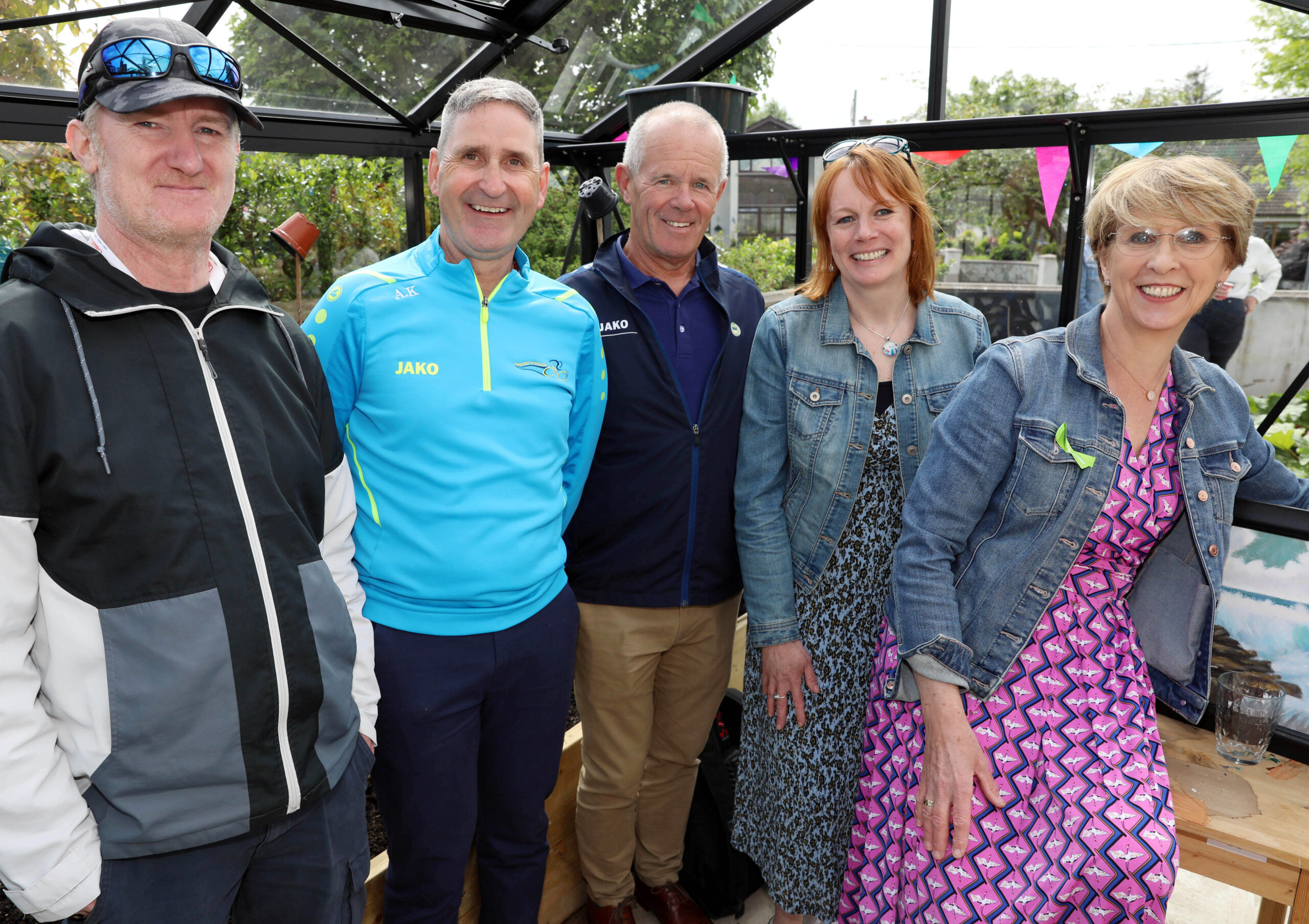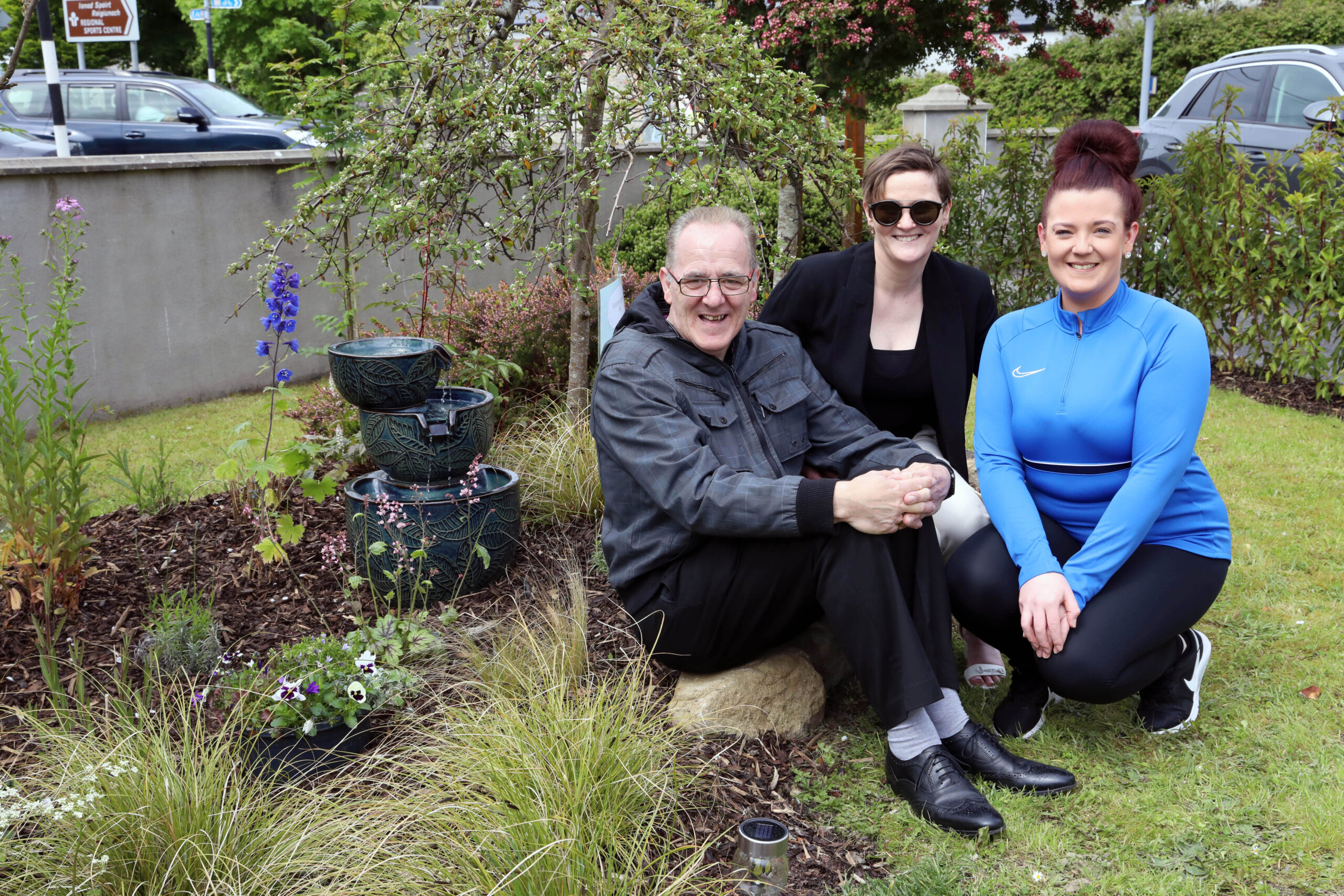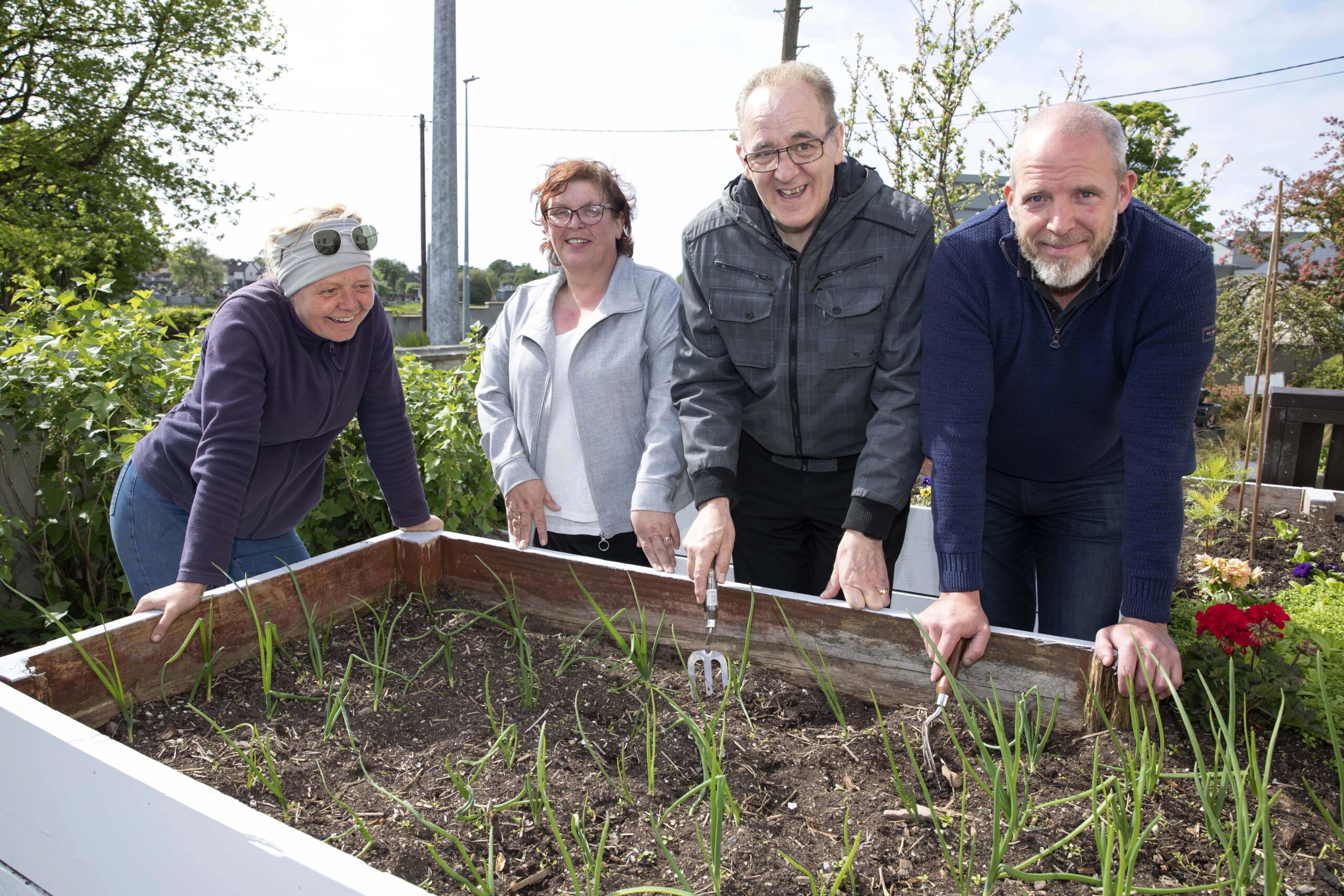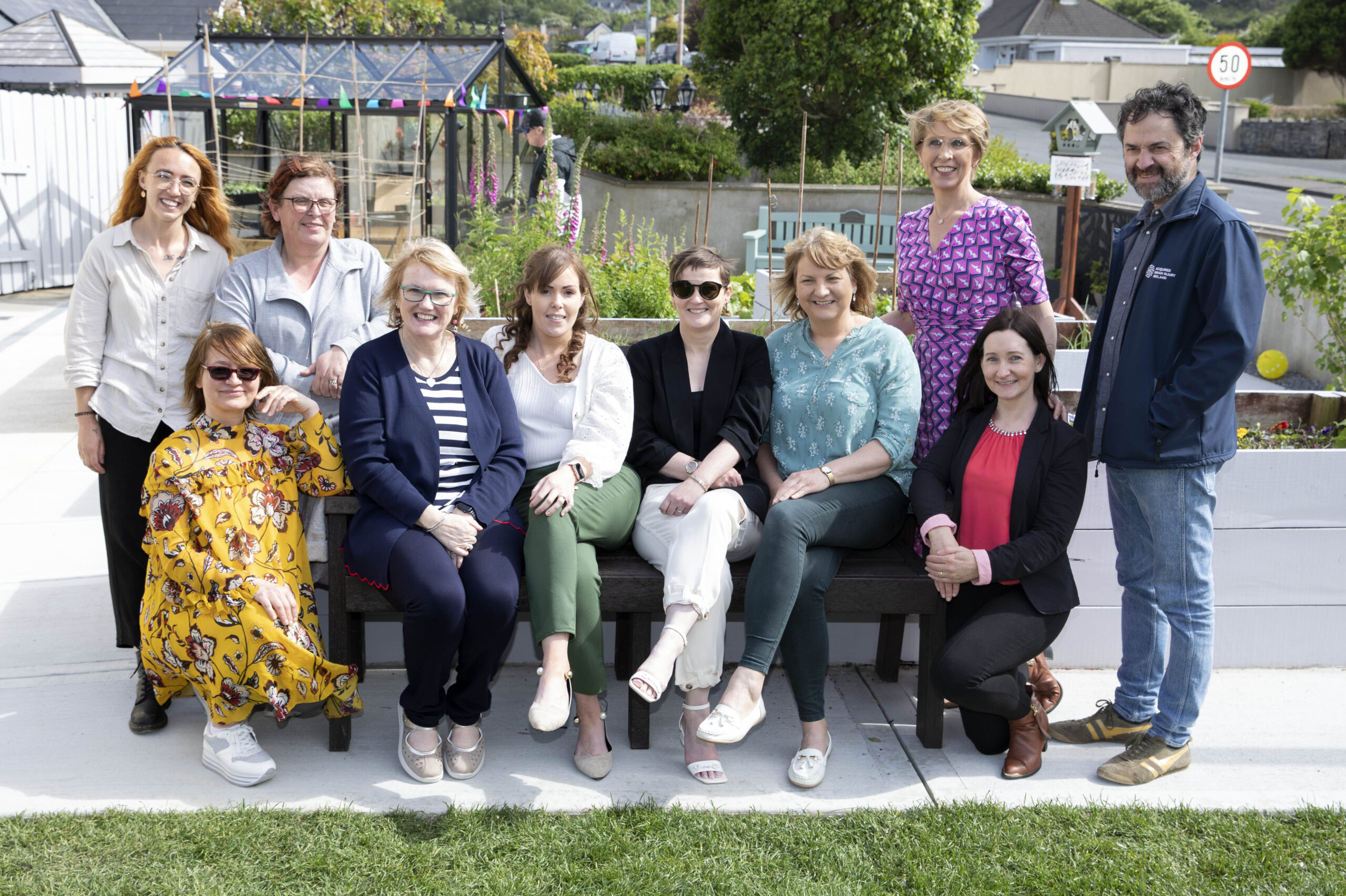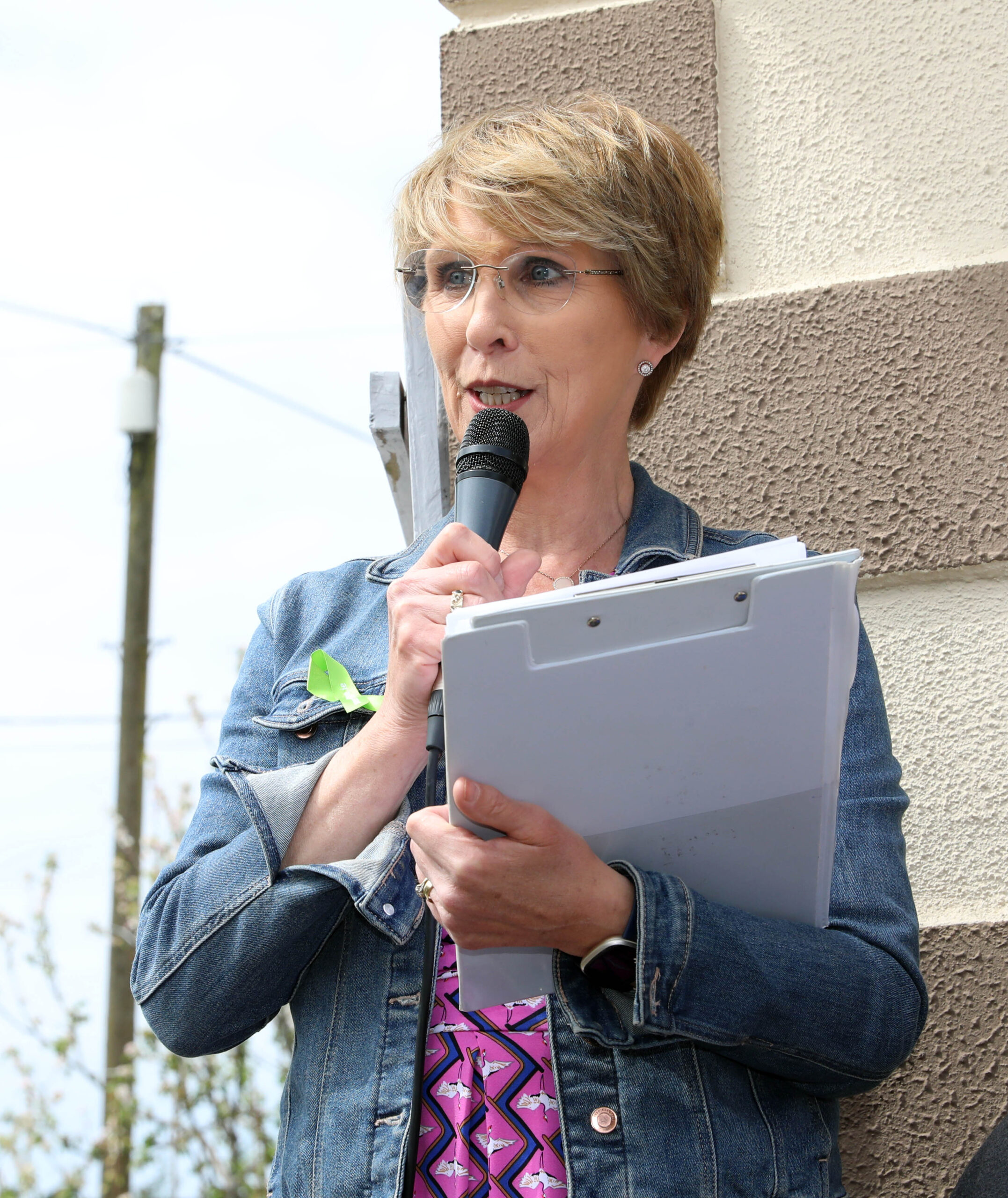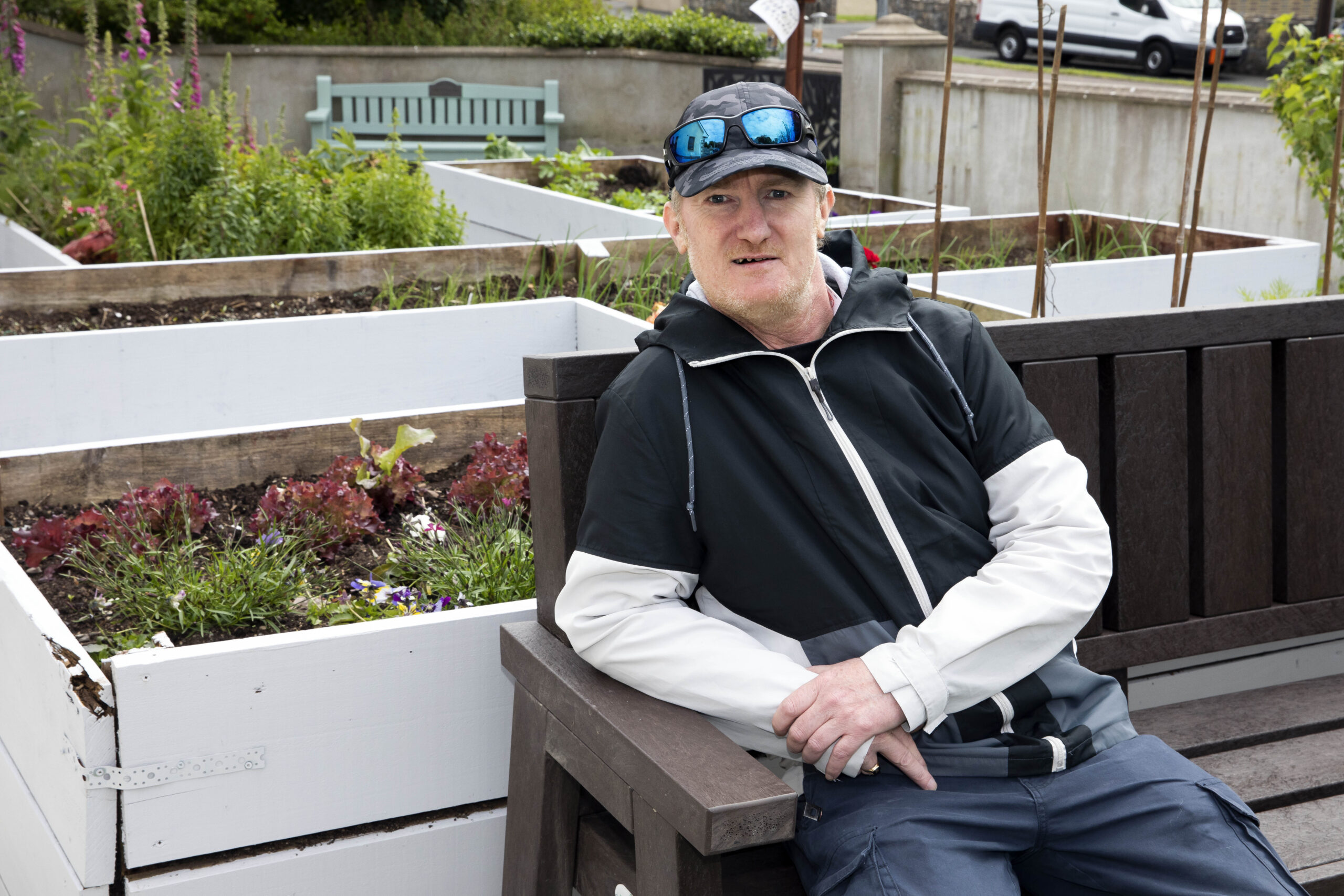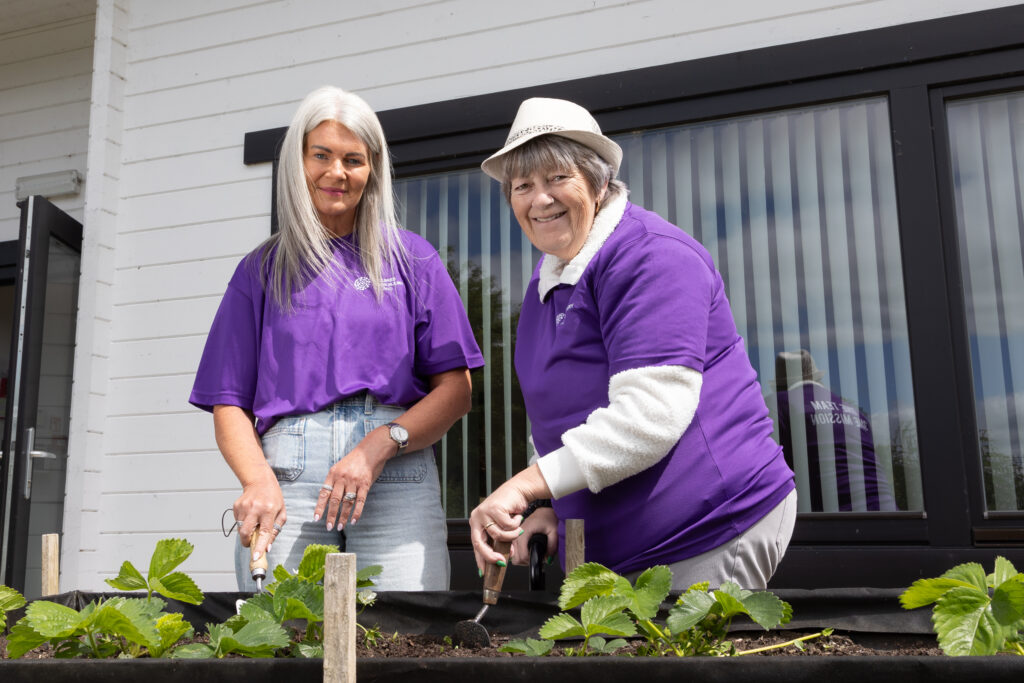Today, our Sligo service today opened a beautiful sensory garden – further developing its model of specialised rehabilitation for brain injury survivors. The Sligo Service is a partnership between Acquired Brain Injury Ireland (ABII) and the HSE and has been providing residential and community based neuro rehabilitation for the past 16 years.
Sligo hosts the only Transitional Living Unit (TLU) for people with acquired brain injury in the country, where survivors rehabilitate and work towards independent living. It provides intensive support in an assisted living setting for up to six months – and will now be further enhanced with the addition of the specialised sensory garden. Survivors who access the service in the TLU, do so on a five day week basis, going home at weekends to their families.
Rehabilitation can vary from two weeks up to six months in duration, depending on the individual needs of the person with the brain injury.
Our CEO Barbara O’Connell said the Sligo TLU service is highly effective – but needs to be replicated nationwide.
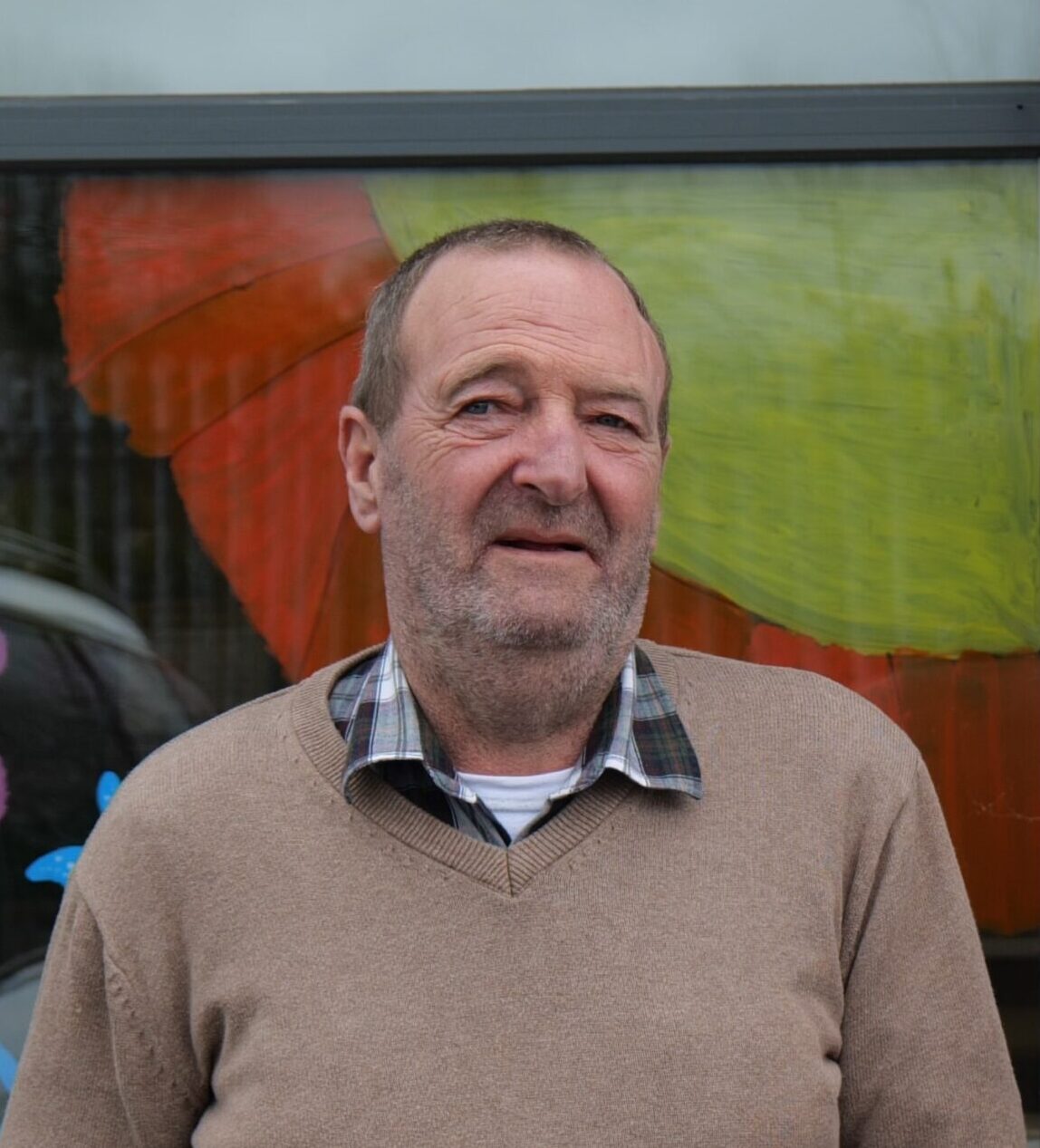


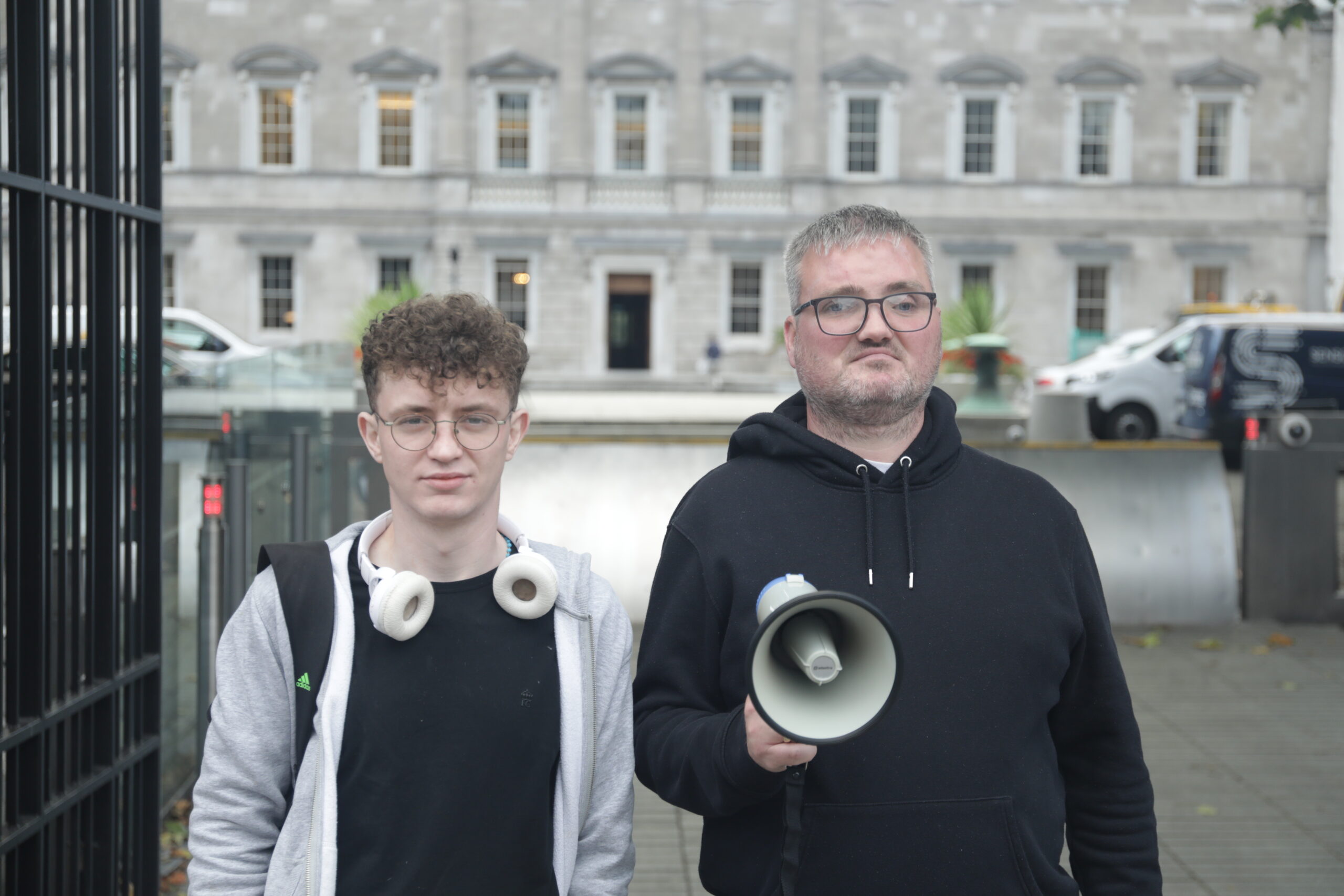 Acquired Brain Injury Ireland calls for €2m in Budget 2026 to fund a national Brain Injury Case Management Service
Acquired Brain Injury Ireland calls for €2m in Budget 2026 to fund a national Brain Injury Case Management Service New book offers lifeline for families affected by acquired brain injury
New book offers lifeline for families affected by acquired brain injury Strategies for Education for Students (aged 16+) with acquired brain injury
Strategies for Education for Students (aged 16+) with acquired brain injury Irish Life Dublin Marathon 2025
Irish Life Dublin Marathon 2025